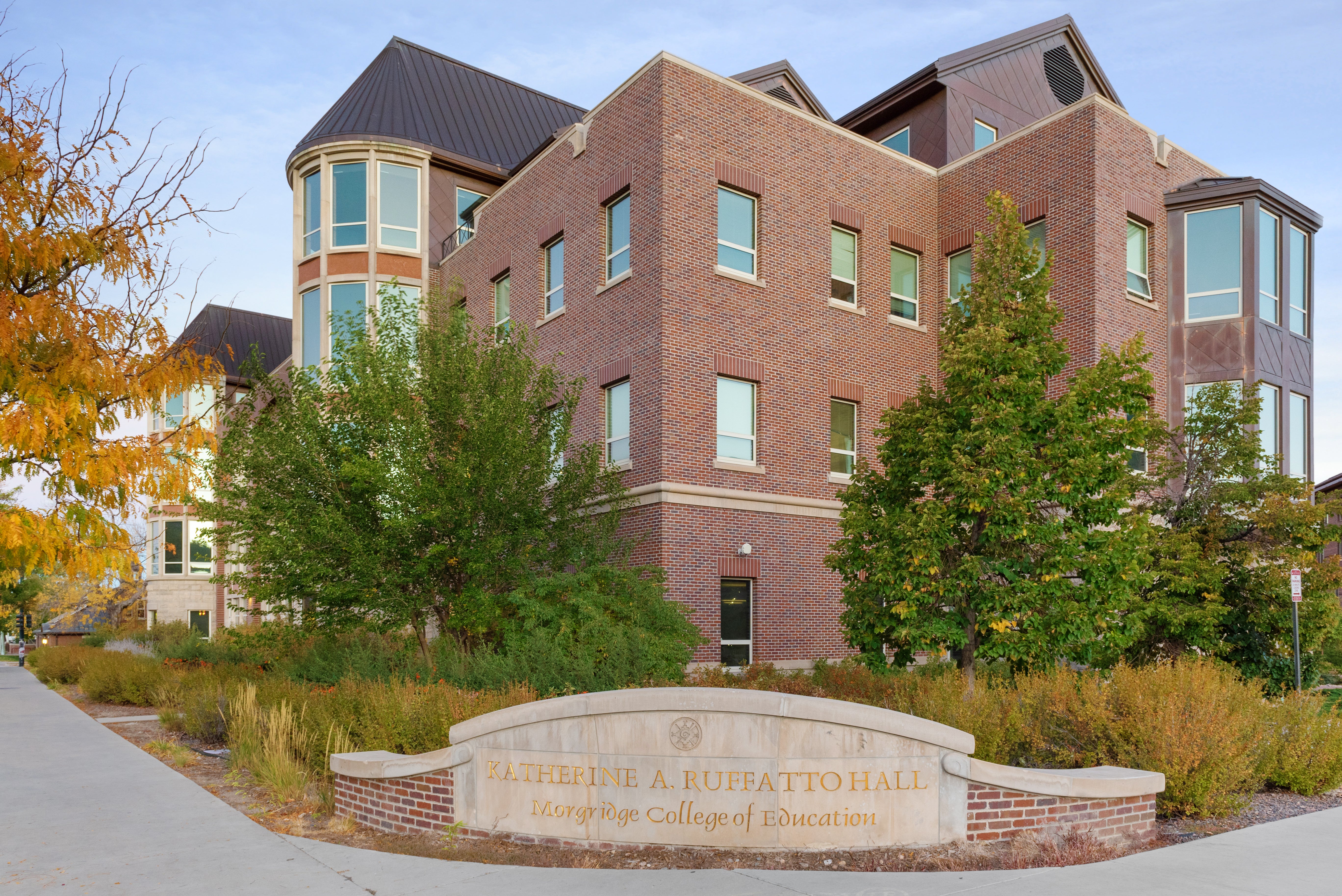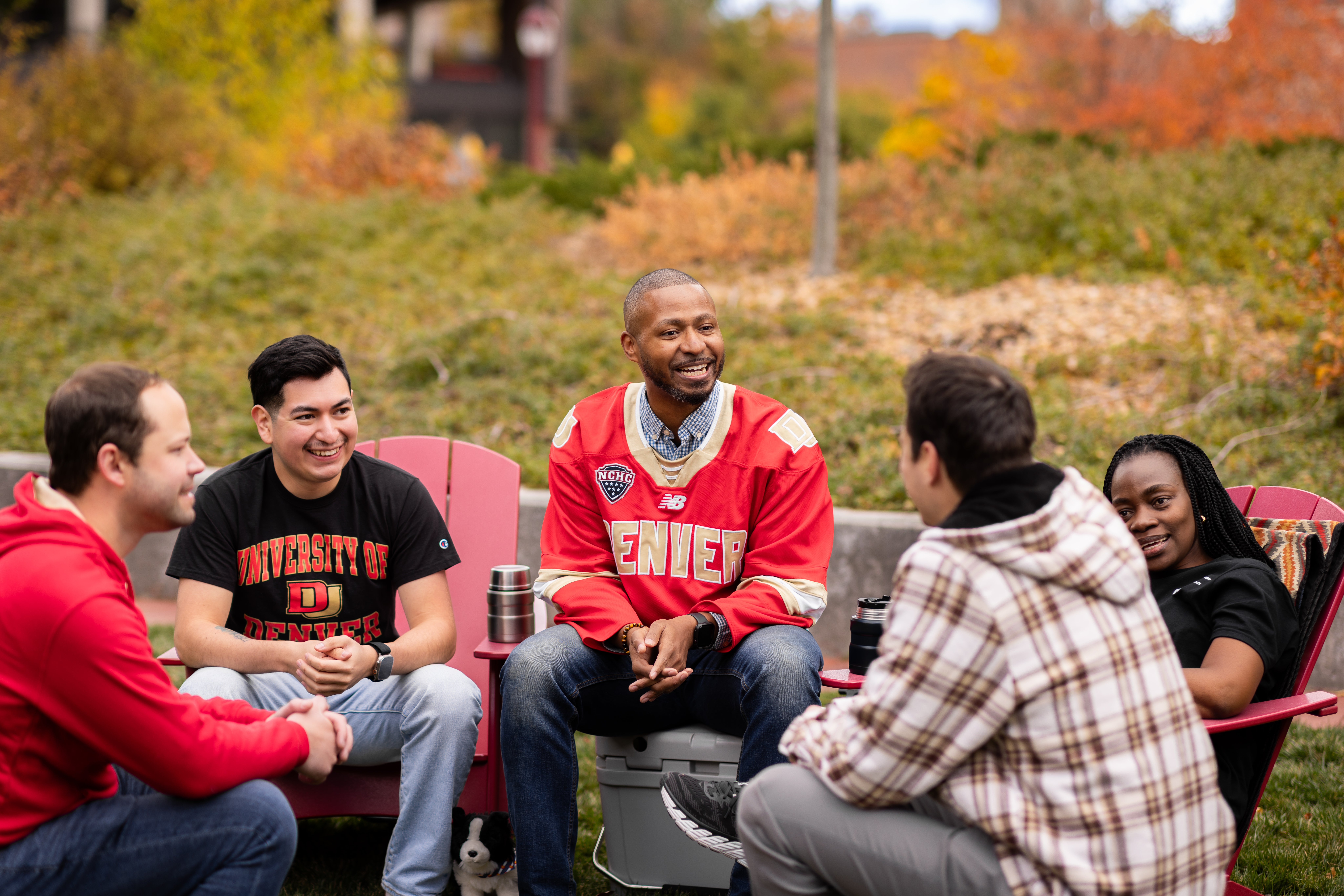The State of Happiness
Colorado ranks just 23rd in a nationwide index on happiness. What’s up with that?

Everybody everywhere seeks happiness, it’s true,
But finding it and keeping it seem difficult to do.
Difficult because we think that happiness is found
Only in the places where wealth and fame abound.
And so we go on searching in palaces of pleasure
Seeking recognition and monetary treasure,
Unaware that happiness is just a state of mind
Within the reach of everyone who takes time to be kind.
For in making others happy we will be happy, too.
For the happiness you give away returns to shine on you.
Helen Steiner Rice
This poem was propped above my bed throughout my childhood, taunting me whenever my parents would banish me to the exile of time-out. I’d stare at it and angrily recite it in an attempt to turn my frown upside down.
Even at such a young age, I had begun the life-affirming pursuit of happiness. For many of us, this amorphous concept provides the foundation for so many of life’s goals. It’s our raison d’être. In the Declaration of Independence, it’s given equal weight alongside life and liberty.
But it’s hard to pin down exactly what happiness means. Is it a state of mind, as Rice’s poem suggests? Is it the delicate balance of our brain’s chemicals? Is it $75,000 in annual income or a Porsche?
Although happiness is difficult to characterize or quantify, that hasn’t stopped everyone from poets and artists to scientists and journalists from trying. Among the latest is WalletHub, a personal finance website that, not so long ago, released its happiest states ranking.
While Colorado’s metropolitan areas frequently dominate lists naming the country’s “best” cities for quality of life, WalletHub’s study ranked the state 23rd on its happiness scale. Drawing on current research, it broke happiness down into three key categories: emotional and physical well-being; work environment; and community and environment. Colorado scored high in the first two categories but ranked near the bottom in the last. According to WalletHub, this category encompasses volunteer rates, ideal weather (what about those famous 300 sunny days?), leisure time, divorce rates and safety.
Is this an accurate reflection of Colorado’s overall well-being? Can we trust the WalletHub science?
While everyone understands happiness differently, psychology researchers agree on its main ingredients, says Mark Aoyagi, University of Denver professor in the Graduate School of Professional Psychology.
“There are typically three components to happiness. One is the experience of pleasure, two is engagement and three is meaning,” Aoyagi explains. “I think for many of us, when we think about happiness, we just think about our present emotional state. So, if we are experiencing what would be more scientifically described as joy, then we consider ourselves to be happy. But it’s a bigger umbrella than that.”
As abstract as it may seem, researchers have indeed found methods to measure happiness, namely through self-report surveys. To capture overall happiness, rather than the fleeting pleasure that comes from good news or a favorite treat, Aoyagi champions an approach called experiential sampling, which asks people to rate their happiness multiple times over a long period.
This isn’t just research for research’s sake either. Happiness, it turns out, can genuinely impact our very existence, says Ruth Chao, professor and chair of counseling psychology in DU’s Morgridge College of Education. She notes that there’s a clear correlation between happiness and long life, with those over 90 reporting notably high happiness levels.
What’s more, increased happiness has the ability to safeguard against negative mental health outcomes, according to Chao’s latest research. “Happiness could be a very important protective factor against all kinds of stress and also contributes to our positive well-being,” Chao explains. “That means that happiness could be an important factor to reduce our depressive symptoms or anxiety.”
Happiness is a worthy goal for individual success and purpose, but it’s also crucial for community well-being. In fact, it’s contagious, Aoyagi says. Given that knowledge, and WalletHub’s assessment, I have to wonder where my own community, Colorado, is going wrong.
Perhaps the biggest factor is personal relationships, notes professor Howard Markman, who co-directs the Center for Family and Marital Studies in DU’s Department of Psychology. The success of personal connections, he says, can help predict happiness, and when they fail, the effects can be disastrous.
“We are evolved to connect, we are evolved to attach, we are evolved to have sex,” Markman says. “Friendships, romantic relationships, relationships with your family. For each of us, it is really important for our overarching well-being to have at least one person that we are really connected to and really attached to—who knows our story, who you can turn to.”
He calls this the “currency of connection” and breaks down a healthy relationship into three components: healthy handling of conflict; positive connections like fun, support and romance; and commitment.
In Colorado, with its above-average divorce rate, people may be looking for happiness without understanding its roots. “People think Colorado, and they think back to John Denver and ‘Rocky Mountain High,’” Markman says. “They have all these really positive associations. … They think coming to Colorado is going to make them happy. Guess what? The relationship issues are still relationship issues.
“Wherever you go, there you are,” he adds.
All of us are vulnerable to unhappiness, but the condition may be particularly acute among Colorado transplants. In 2018 alone, the state gained 36,000 people. As Chao notes, many of these new Coloradans, drawn by the promise of outdoor adventure and sunshine, find themselves isolated in a new place without their familiar networks. And the COVID-19 pandemic has only intensified this effect.
The skyrocketing cost of living doesn’t help. In August 2020, Denver recorded a 12% rise in the median price of a single-family home. Just to make ends meet, many residents find themselves engaging in more work and less of Colorado’s famous play. So perhaps that 23rd spot on the happiness ranking is starting to make sense.
That brings us back to the pursuit of happiness—the lifelong game we each play with ourselves.
“By definition, if you’re pursuing something, you’re frustrated, which I think is the experience of a lot of people in this day and age,” Aoyagi explains. “They are pursuing the bigger house or the better job, so they are constantly frustrated. Pursuit implies a focus on the future, and happiness can only happen in the present.”
His recommendation is one you’ve no doubt heard before, though that doesn’t make it any less relevant: “Slow down and appreciate what’s going on right now.” Afterall, when did driving—windows down, favorite song on max volume—become commuting? And can’t commuting become driving again with the right framing?
Of course, it’s not that simple. Relationships break and end; powerful, deeply damaging inequality and racism persist; and even our genetics can make happiness more difficult to attain.
But Aoyagi offers one action known to tip the scales: Write a thank-you letter to someone meaningful in your life. Deliver it by hand. Read it out loud, face-to-face.
“I think a lot of incentives and cultural movements are shifting us to become more isolated, more individualistic, more materialistic and less about community, less about volunteering,” he says. “I think we are a lot more focused on getting than giving, and one of the surest ways we know to improve happiness is to give.”
I guess Helen Steiner Rice was on to something.


